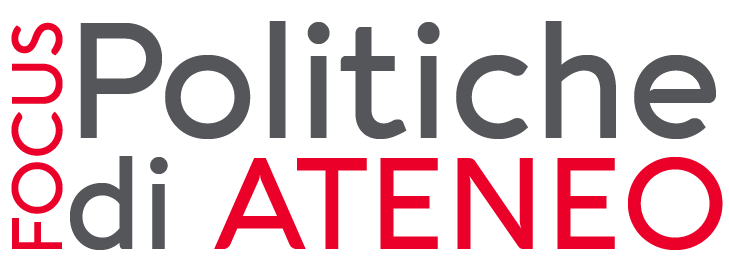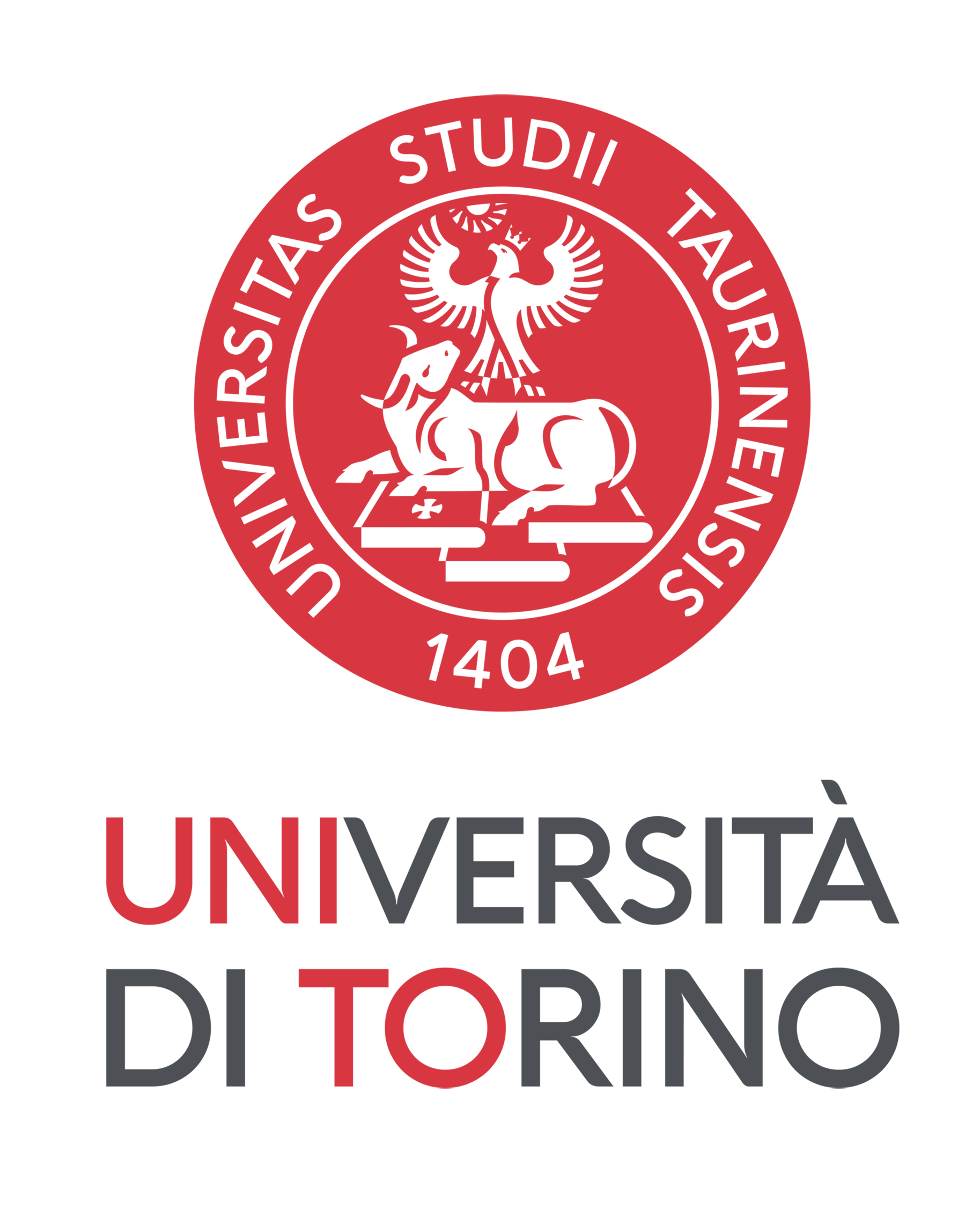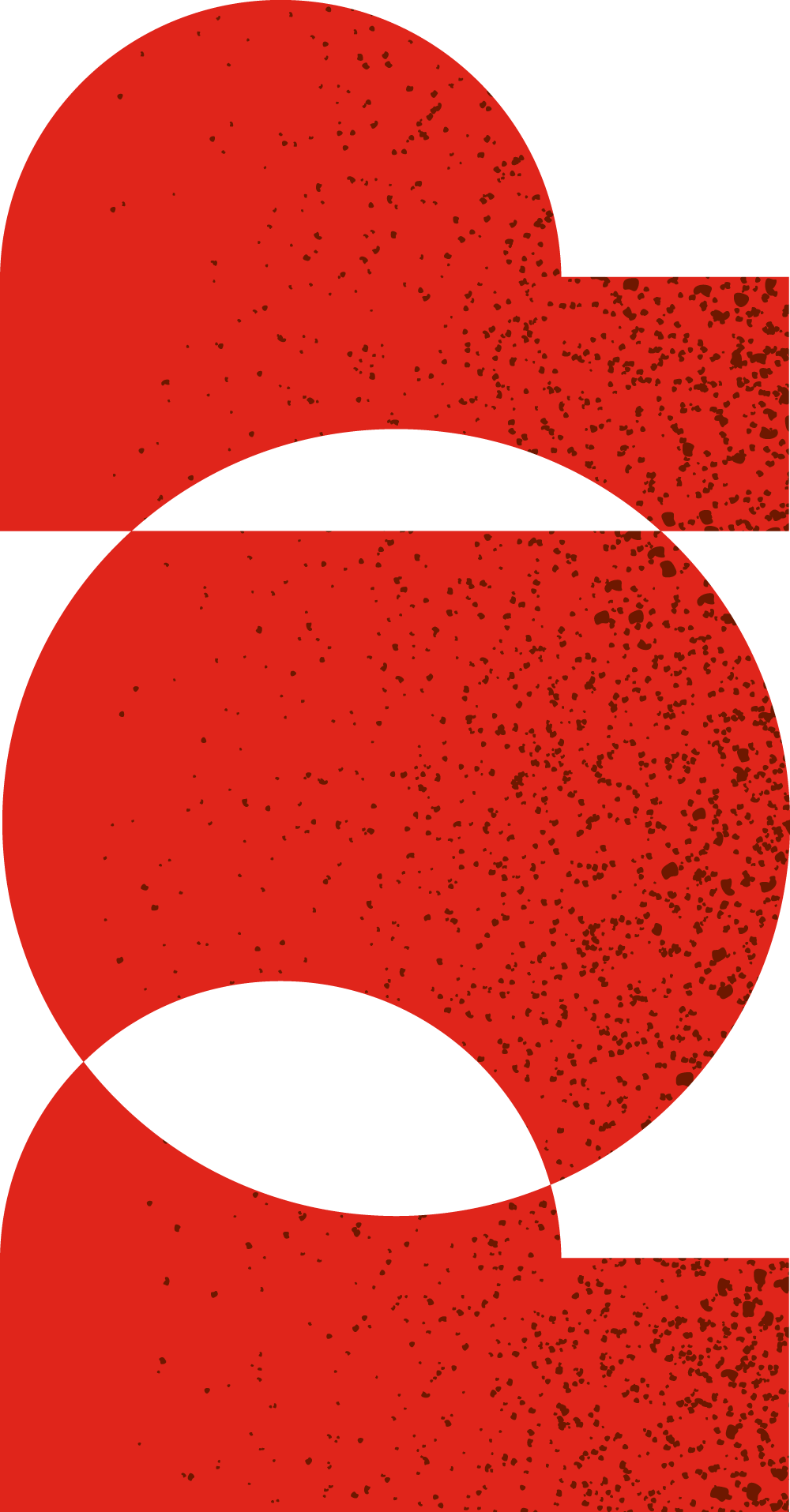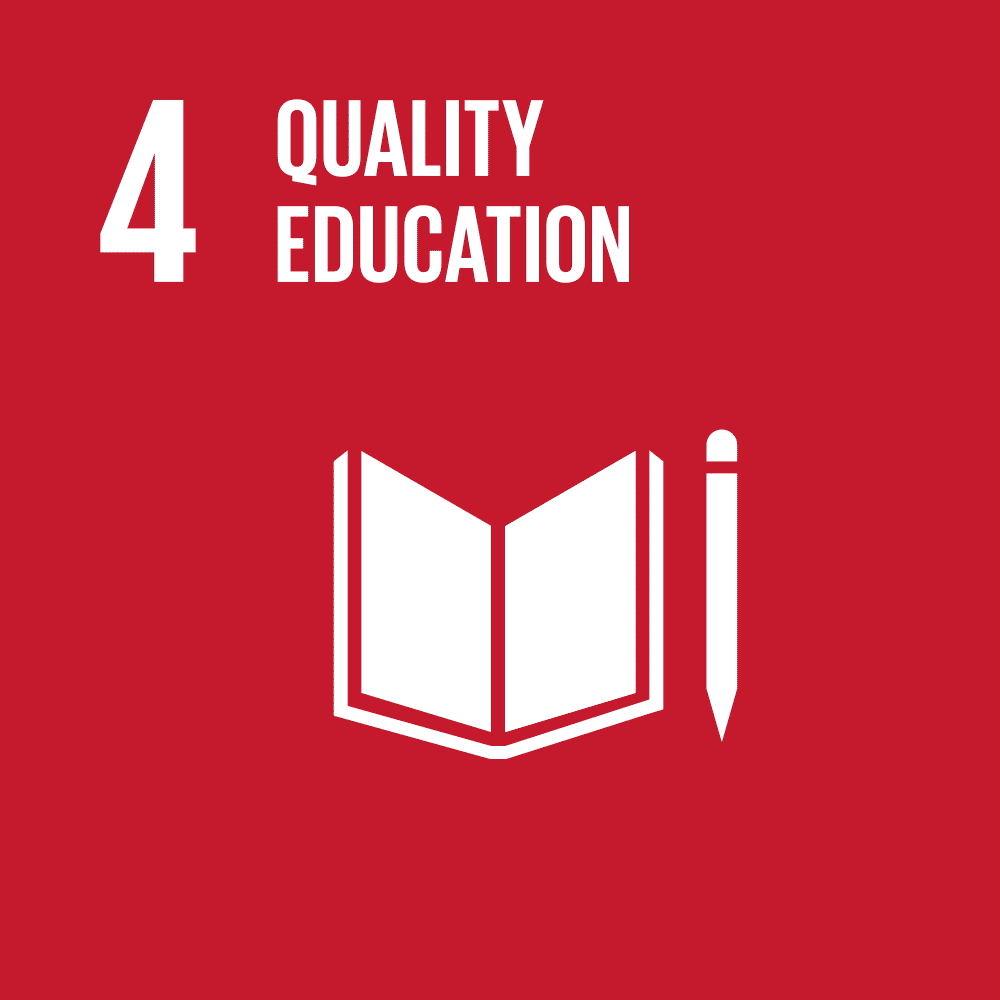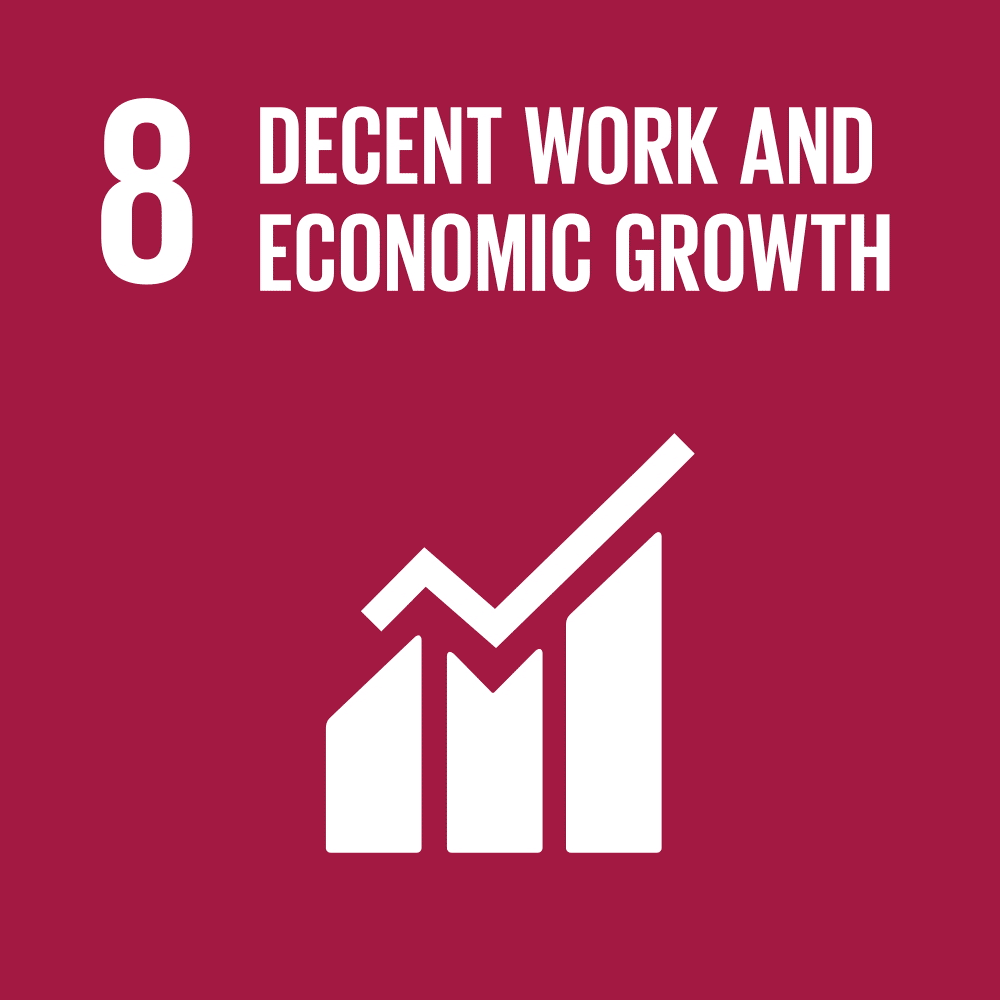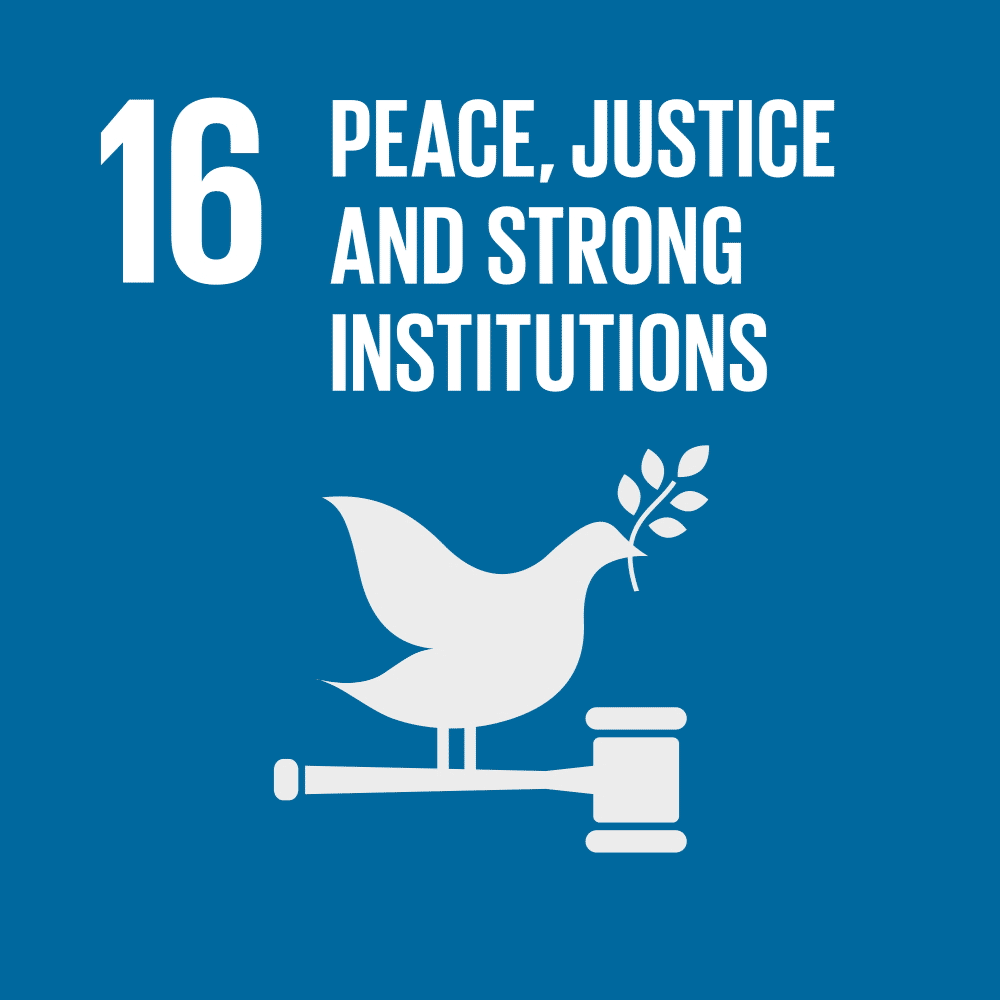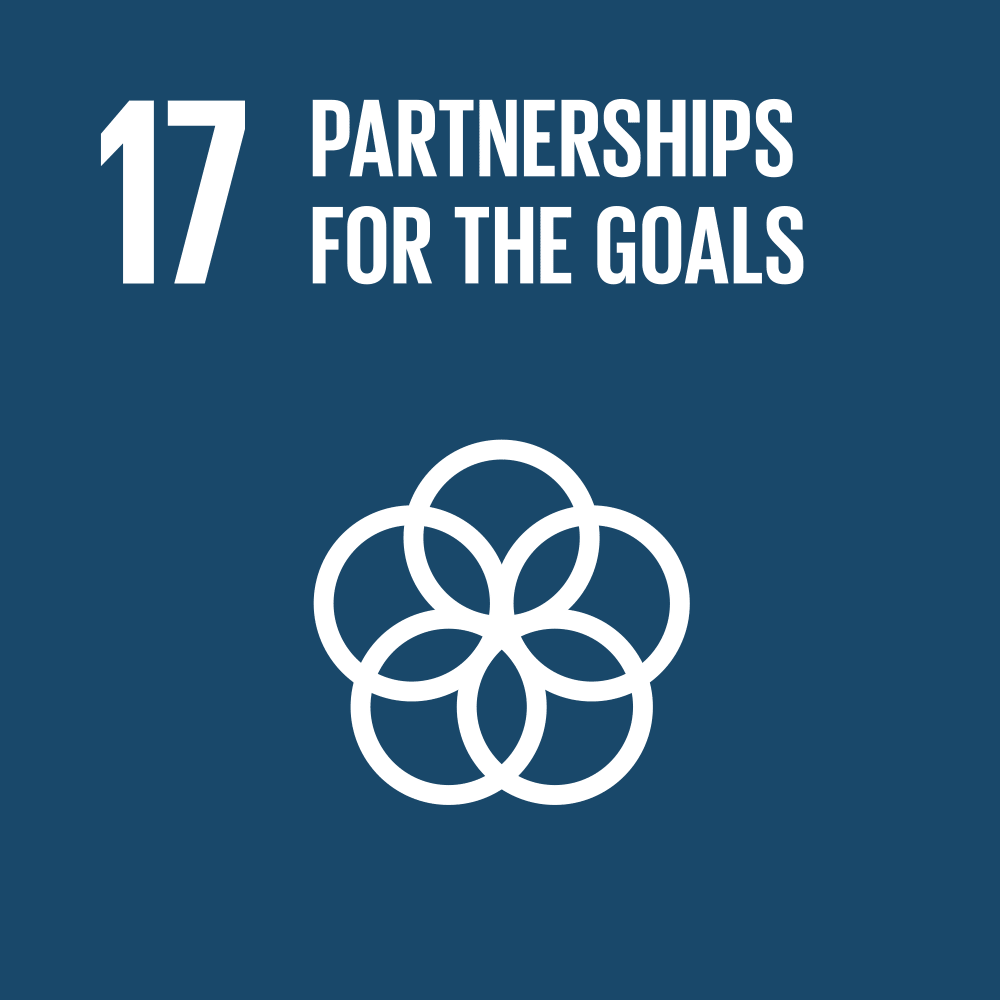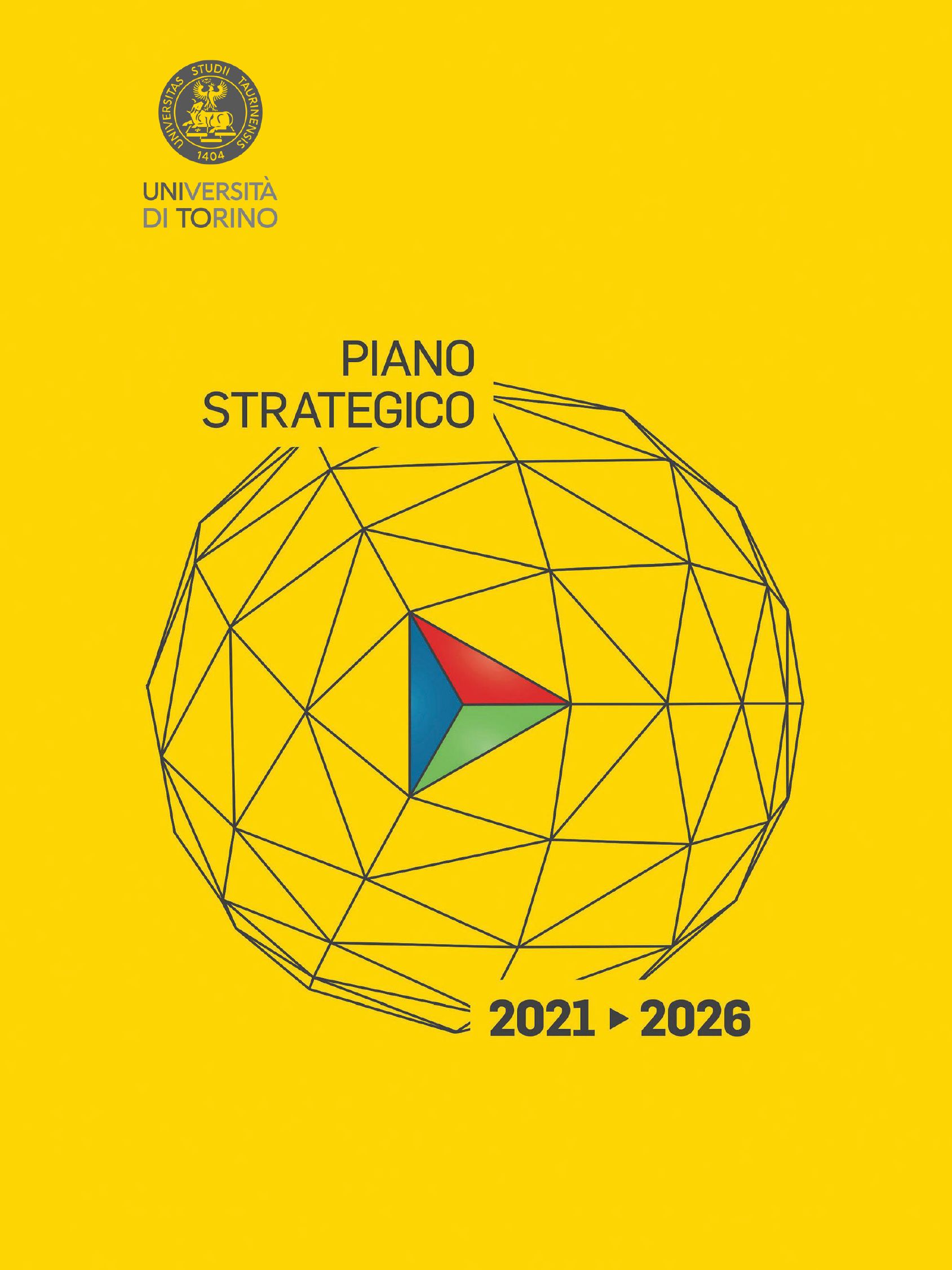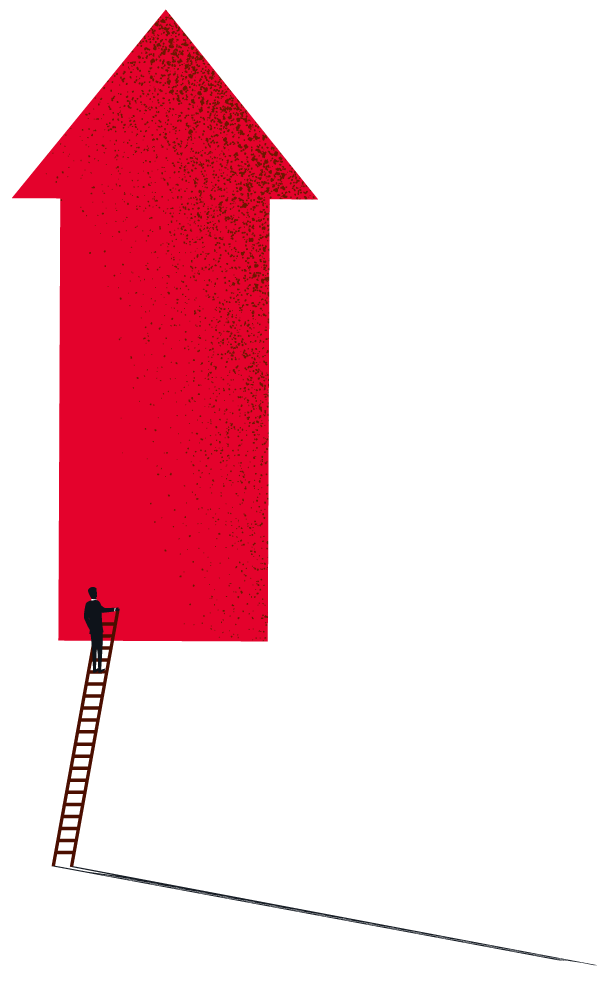
Founded in 1404, the University of Turin (UniTo) is a public institution of high culture that, in implementation of Art. 33 of the Constitution, pursues the aims of higher education and research.
UniTo adopts a Code of Ethics that affirms the fundamental values of the university community, promotes the recognition and respect of inviolable rights, as well as the acceptance of duties and responsibilities towards the institution to which it belongs, and dictates the rules of conduct within the community.
UniTo has approximately 120 locations spread over 7 main poles. Its capabilities in terms of scientific research and innovative teaching place it among the most prestigious academic institutions on the Italian universities’ scenario. The primary structures in charge of carrying out research and teaching activities are the 27 Departments located in the city, to which are added 4 special teaching structures, set up by the University also in collaboration with other public or private bodies: Special Teaching Structure in Veterinary Medicine, UniTo’s “Ferdinando Rossi” School of Advanced Studies, Special Teaching Structure in Strategic Sciences and SdS in Science for the Conservation, Restoration and Enhancement of Cultural Heritage.
Research activities of an interdisciplinary or thematic nature of particular relevance and complexity are carried out in the Interdepartmental Research Centres (CIR). Within them, researchers from different Departments pursue common objectives, also in collaboration with external research centres, facilities, organisations and consortia with whom they share scientific common goals.
In addition, the University collaborates in the welfare activities of the National Health Service and, through the School of Medicine, provides theoretical and practical training for students enrolled in medical and surgical courses, dentistry and dental prosthetics, health professions and health specialisation schools. Lecturers in agreement with the National Health Service carry out their care activities at the hospitals in coordination with other primary training and research activities. The University Library System, the Archives, the Museum System and the Botanical Garden are also part of UniTo.
The organisation of technical and administrative services is governed by the ” Regolamento generale di organizzazione” (General Organisation Regulations), which outlines the organisational system of services supporting teaching, research and ” Third Mission” activities. he University administration is divided into 11 Directorates, structured into general organisational units and pole units, and a pole serving the directorates. All technical-administrative staff are assigned to the Directorates and the Rectorate, with the exception of staff dedicated to technical services for research and characterising services, which remain under the responsibility of the Director of the department/research centre, as they are strictly instrumental.
In recent years, UniTo has launched major projects for the development and renovation of its teaching and research facilities, pursuing an ‘urban campus’ type of settlement model, whereby university buildings become open structures, integrated and spread throughout the city and metropolitan fabric, but interconnected.
The planning of university settlements within the urban fabric becomes a great opportunity to redesign public space, to rebalance and relaunch the competitiveness of territories. As provided by the 2017 Budget Law, UniTo will benefit from a significant financial endowment for the five-year period 2023-2027, which will allow new investments in human capital, infrastructures and highly qualified activities.
Mission and value orientation
UniTo is a research-based Athenaeum, capable of making a fundamental contribution in terms of cultural growth, progress and technology transfer and civil coexistence, and thus of guaranteeing innovative and dynamic teaching. Rooted in the territory, committed to its social, cultural and economic development and growth, UniTo also stands out for its international vocation.
The reference point for the organisation and articulation of its available resources is the Strategic Plan, drawn up by listening to the needs of all stakeholders. For 2021-2026 period UniTo’s Strategic Plan has established objectives that involve the overcoming of the traditional subdivision of the university’s activities into the three fundamental and central functions of Teaching, Research and Third Mission, focusing on the enhancement of the transversality of strategic action. In fact, the Plan has divided the three fundamental functions of the University into three interconnected spheres of reference (people, places and processes). For every sphere, priorities have been identified, and each of them declined into an objective. A variable number of actions and indicators are linked to each objective.
The objectives of the new Strategic Plan, which are the subject of the “Sentiment Analysis” at the end of this IPR, have been classified as follows:
People domain
- Strengthening the sense of community
- Consolidate the culture of equality
- Strengthening sustainability efforts
Places domain
- Transforming spaces into places of culture
- Creating new opportunities
- Increasing UniTo’s presence on the international scene
Processes domain
- Innovating and enhancing research
- Innovating and enhancing teaching
- Spreading innovation
In view of realising a planning able to face contemporary and future challenges, UniTo has also chosen to link its strategic objectives to the Sustainable Development Goals (SDGs) set by the Agenda 2030 of the United Nations, to the Investment priorities of the European Union’s 2021-2027 Cohesion Policies and to the guidelines of Next Generation Italia of PNRR, Piano Nazionale di Ripresa e Resilienza (National Recovery and Resilience Plan).
Consulta il sito tematico dedicato al Piano Strategico: www.pianostrategico2026.unito.it
Renovation of the University of Turin Logo
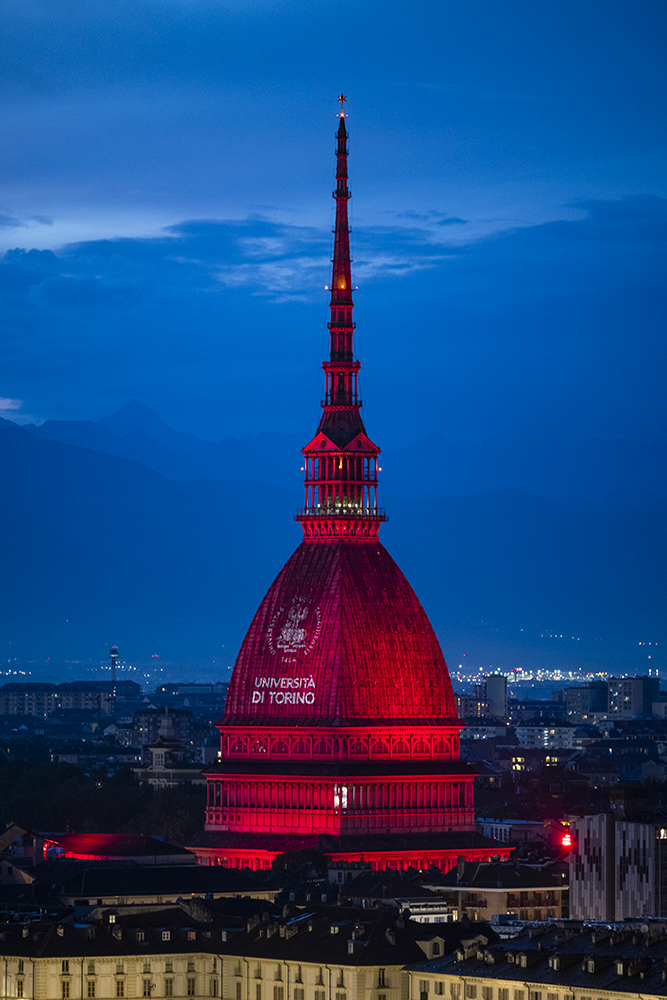
After more than 600 years, UniTo has revised its logo. In June 2002 it unveiled its new logo, which stems from the desire to bring UniTo’s image back to a more current and contemporary aesthetic, through an authoritative and dynamic self-representation.
The solution reached is designed to reinforce tradition in a legible and modern key: the original symbols of the 17th-century seal (the three books, the bull, the crowned eagle and the sun) have been retained, but general re-drawing favours its recognisability and distinctiveness, aligning it with current style that meets today’s diversified communication needs.
On the evening of 28 June 2022, the new logo was projected onto the Mole Antonelliana.
UniTo: Worldwide reputation
UniTo vanta una posizione di rilievo nel panorama internazionale per l’attività didattica e di ricerca. Tradizionalmente l’ateneo tende a collocarsi più in alto nelle graduatorie che si basano sugli indicatori della ricerca scientifica e in posizioni più arretrate, ma sempre entro la prima metà dei classificati, in quelle che attribuiscono un peso significativo al rapporto docenti/studenti.
In the Qs Subject Ranking 2023 published by the Quacquarelli Symonds agency, UniTo ranks 45th in the world in the discipline of Philosophy. The university has also won recognition in other disciplines. The report’s evaluation is based on academic and industrial criteria, with interviews with academic staff and employers. It also considers bibliometric data, such as scientific publications and the H-Index, which assesses the impact of researchers and international collaboration in scientific research.
UniTo stands out as Italy’s top university for Philosophy, Educational Sciences and Religious Sciences.
These achievements reflect the combination of high-level research and design capacity, recognizing the growing role of philosophers in society.
| Global rankings | ||||
| World University Ranking | Publication date | UniTo position in the world | UniTo position in Italy | 1st Athenaeum in Italy |
| GreenMetric | December 2022 | 22 | 4° | Bologna |
| US News | October 2022 | 209 | 6° | Padova |
| THE | October 2022 | 401-500 | 16° | Bologna |
| ARWU Shanghai | August 2022 | 201-300 | 5° | Sapienza |
| NTU Taiwan | August 2022 | 131 | 4° | Università di Milano |
| U-Multirank | June 2022 | 9A, 12B | * | Bocconi (top performer) |
| QS | June 2022 | 475 | 12° | Politecnico di Milano |
| The position in U-Multirank is given by the excellent ratings obtained expressed in letters | ||||
| Source: Focus di Ateneo Unito, Ranking, Ranking Internazionali | ||||
| Disciplinary rankings | |||
| World Subject Ranking | Publication date | UniTo Best Subject | Best Subject: UniTo position in the world |
| QS | March 2023 | Philosophy | 45 |
| US News | October 2022 | Oncology | 50 |
| THE | October 2022 | Law | 176-200 |
| NTU Taiwan | August 2022 | Agricultural sciences | 72 |
| ARWU Shanghai | July 2022 | Food Science & Technology | 51-75 |
| Source: Focus di Ateneo Unito, Ranking, Ranking Internazionali | |||
International Ranking
UniTo ranks among the best universities in Italy: in 3rd place for the number of Departments of Excellence (only after Padua and Milan), 3rd for research quality, and 3rd for research evaluation of new recruits (right after Padua and Milan).
In terms of research training, the University ranked 2nd among large universities, behind the Politecnico of Milan. Of note is the positioning in activities aimed at the territory and society, the so-called “Third Mission”, for which the University is active in all areas of technology transfer and public engagement.
The results achieved confirm UniTo’s role as a productive centre of leading-edge knowledge. Strategic choices in support of research and the presence of advanced centres and laboratories stimulate the activities of female researchers, encouraging interdisciplinary and intersectoral collaborations and fostering presence in relevant national and international networks.
Ten Departments scored the highest (100): Molecular Biotechnology and Life Sciences, Chemistry, Political Culture and Society, Economics and Statistics “Cognetti de Martis,” Oncology, Clinical and Biological Sciences, Surgical Sciences, Medical Sciences, Public Health and Paediatric Sciences, and Historical Studies.
Other Departments have also demonstrated a high profile in scientific production, in cross-cutting and specialized contexts. This is the case of the Departments of Agricultural, Forestry and Food Sciences, Economic-Social and Mathematical-Statistical Sciences, and Neuroscience “Rita Levi Montalcini”: scoring 99, they attest to the aptitude in good research in areas strongly traversed by the most widespread logics of environmental, social and economic sustainability.
They are followed by Life Sciences and Systems Biology with a score of 98, Law with 96, Management with 90, Physics with 84.5 and Drug Science and Technology with 81. Also at this juncture, it was the role of the Departments in creating knowledge and innovation in different areas, such as research in economic and legal sciences, biomedical sciences and natural sciences, that was rewarded.
More than the majority of UniTo’s Departments are characterized by nationally recognized excellence in research, operating in strong synergy with the local area: they produce knowledge and innovation and take a leading role in the dissemination of know-how, both in the scientific community and in response to the needs of external stakeholders according to a scientific design.
Excellent research is further fuelled by Third Mission activities and public engagement initiatives, generating a virtuous circle that fosters the production of new knowledge that benefits both the internal and external communities. Stakeholder needs are transformed into research opportunities; for its part, the Athenaeum makes its expertise available in a collaborative and experimental way. Research also affects teaching by providing teachers with new stimulation and insights, which are then transferred to university classrooms and laboratories.
UniTo ranks among the top 10 universities with the best scholarships. Scholarships for Italian and international students include those for deserving students, those for researchers, and those for students with disabilities. Additionally, the University offers UniTo International, a scholarship for international students that covers registration costs and provides a monthly financial contribution.
Governance and administrative structure
The organizational structure of the University, in implementation of the provisions of Law 240/2014, is divided in:
Services structures
- General Management
- 10 Directorates
Academic structures
- Departments
- Schools
- Research and service centres
- Special education facilities
The management, technical and administrative services are organized in a hub: the model provides for a single university administration and 7 territorial hubs as functional organizational units supporting the needs of university facilities.
Central boards and bodies
- Board of Directors
- Rector/president: Prof. Stefano Geuna
- Pro-rector: Prof. Giulia Anastasia Carluccio
- Academic Senate
- Board of Auditors
- General Director: Eng. Andrea Silvestri
- Evaluation Board
Auxiliary bodies
- Unique guarantee committee
- Students’ council
Quality presidium
- Directorates
- Poles
- Departments
- Research and service centres with management autonomy and special teaching facilities
- Schools
